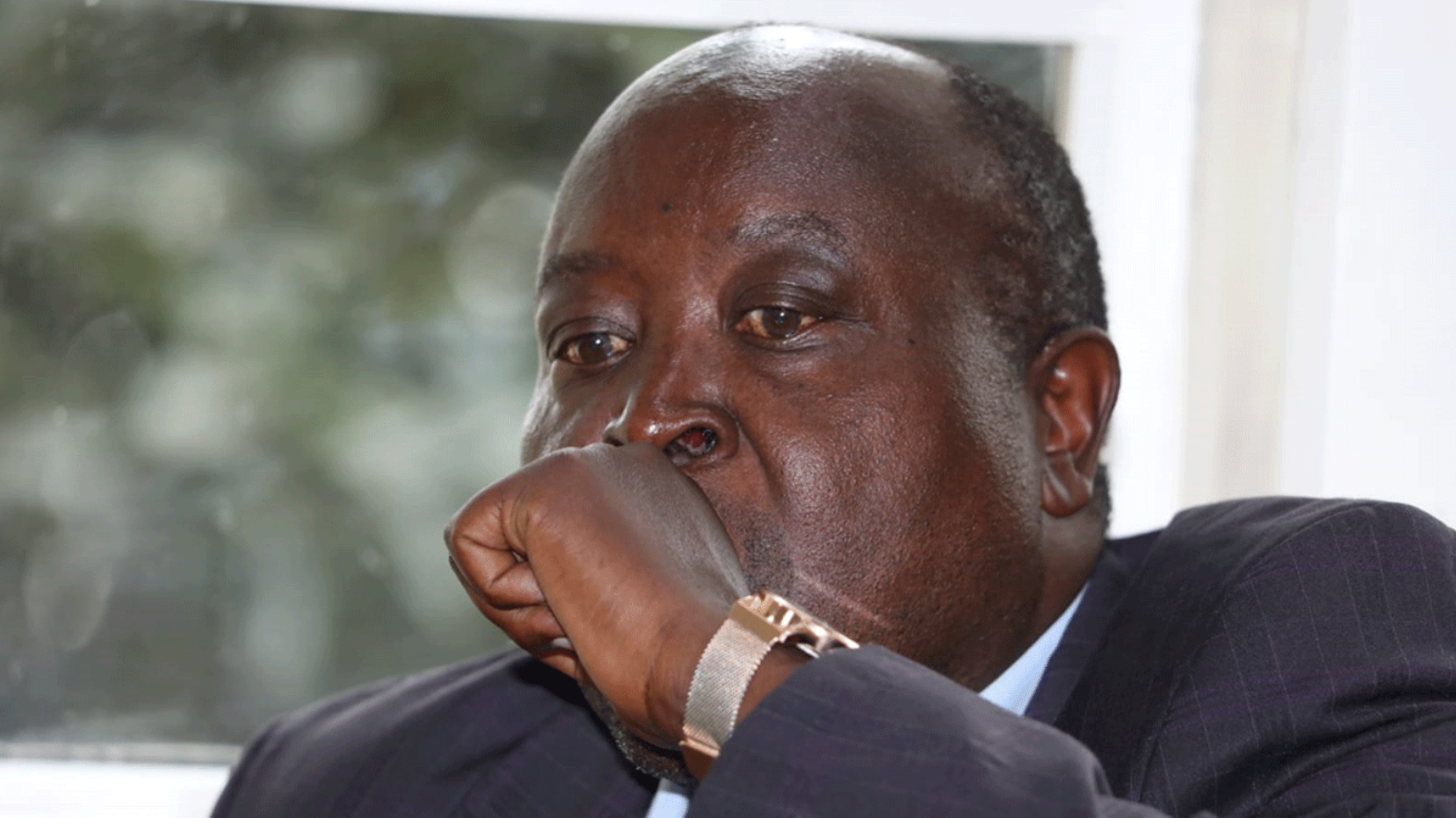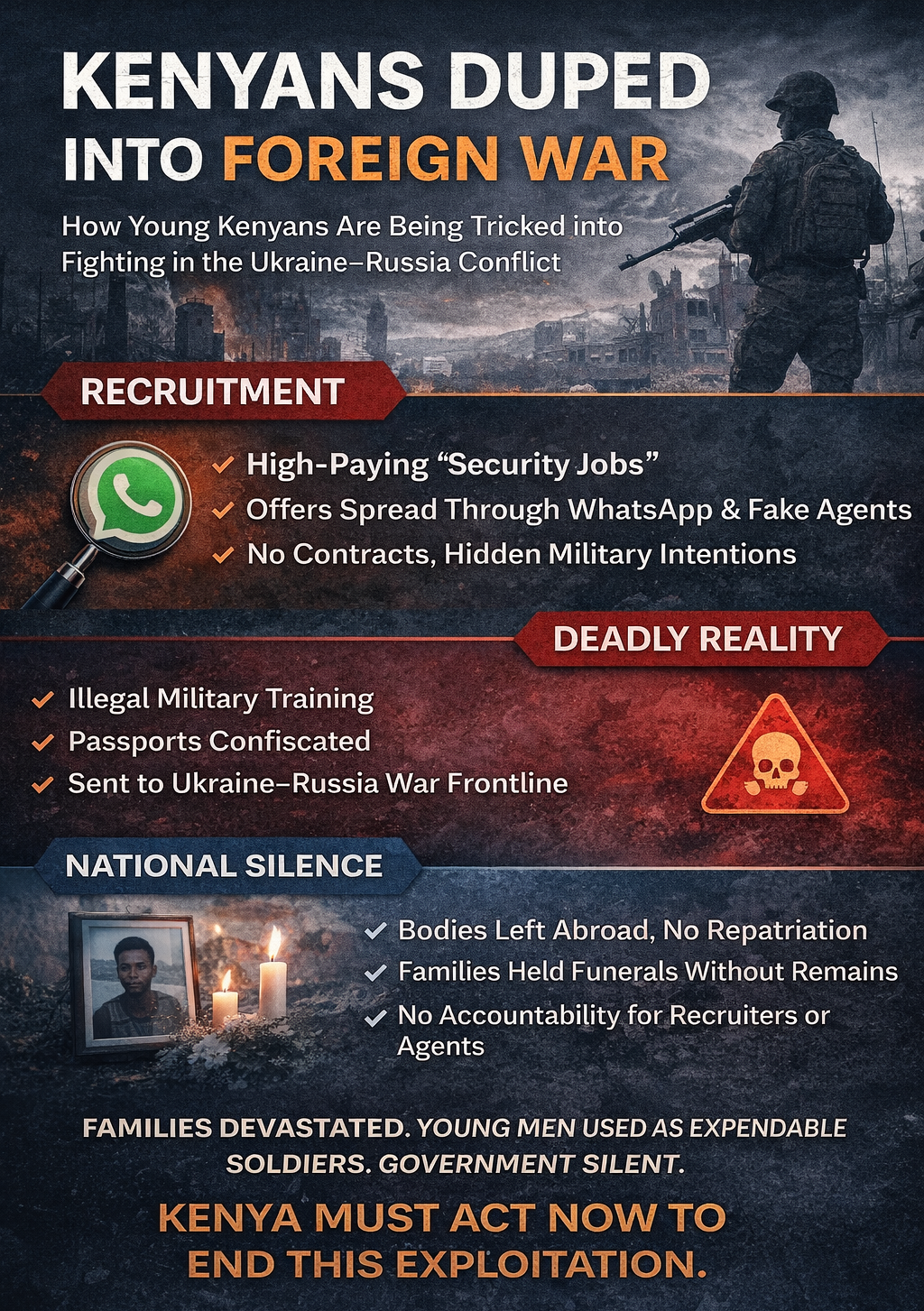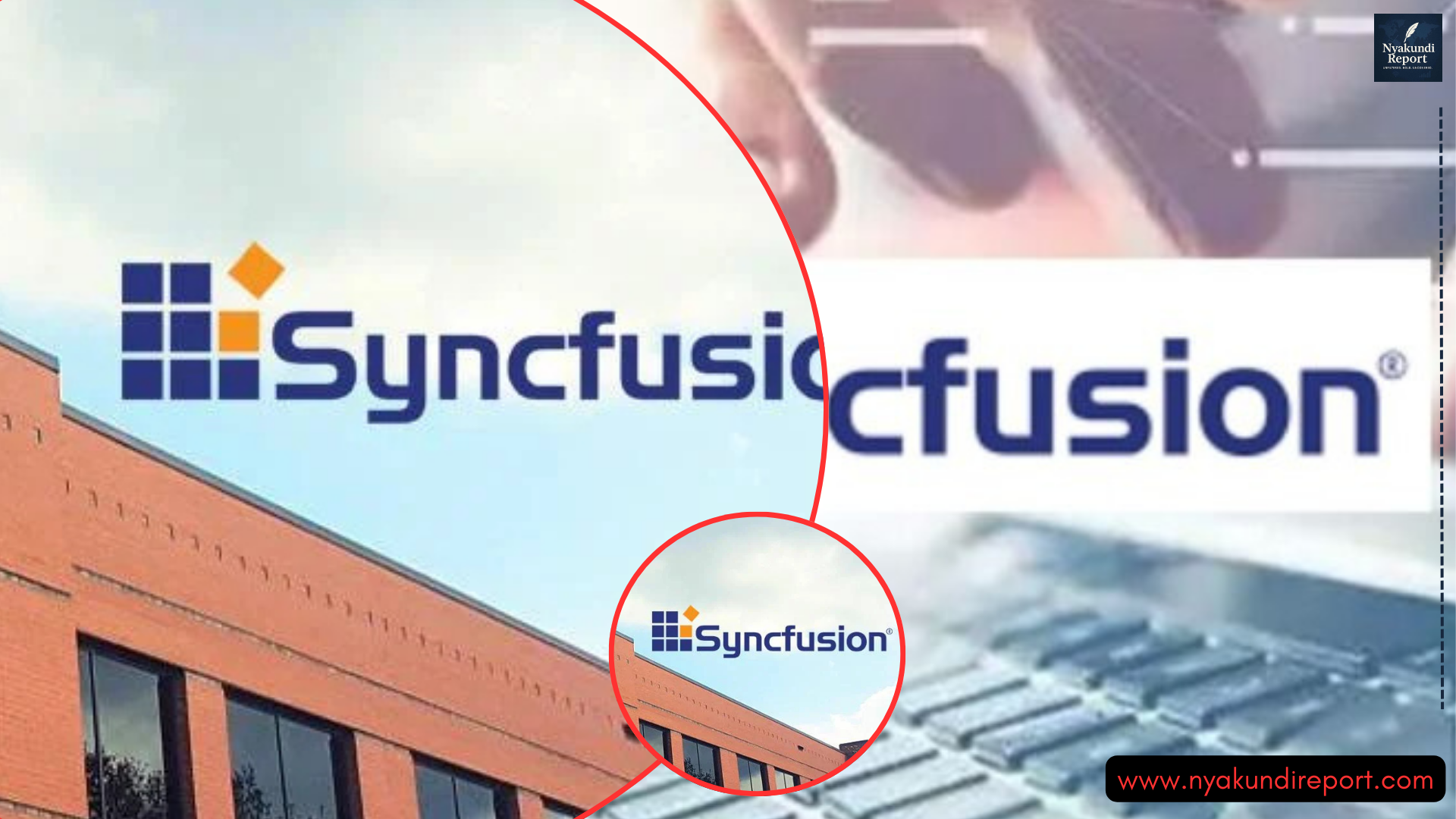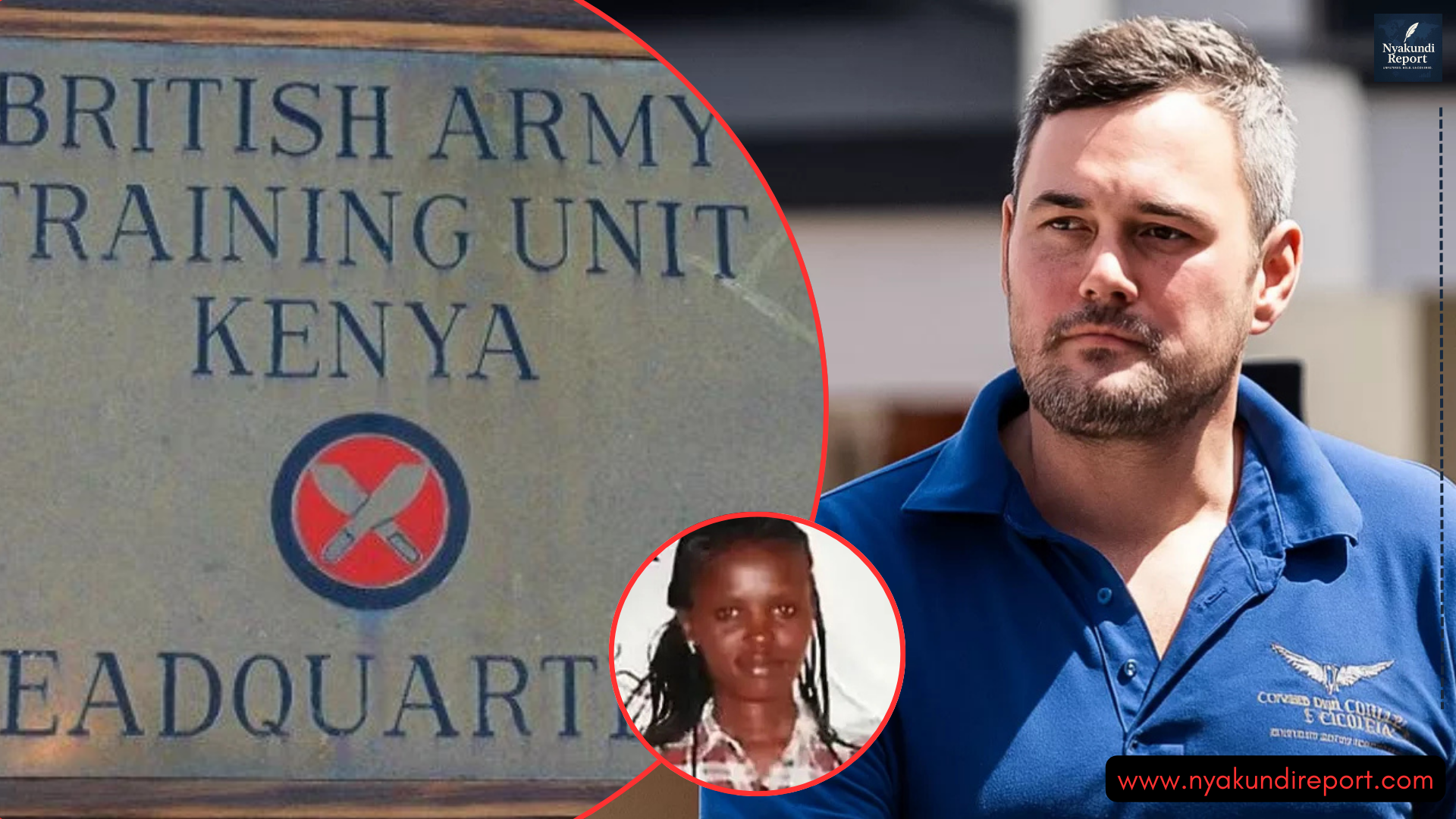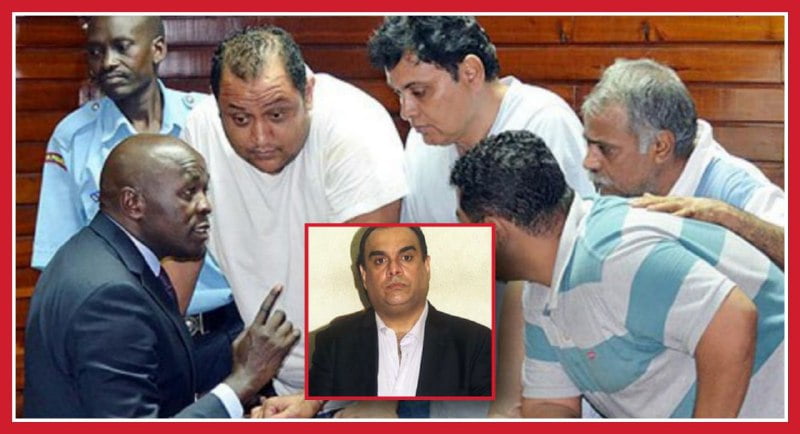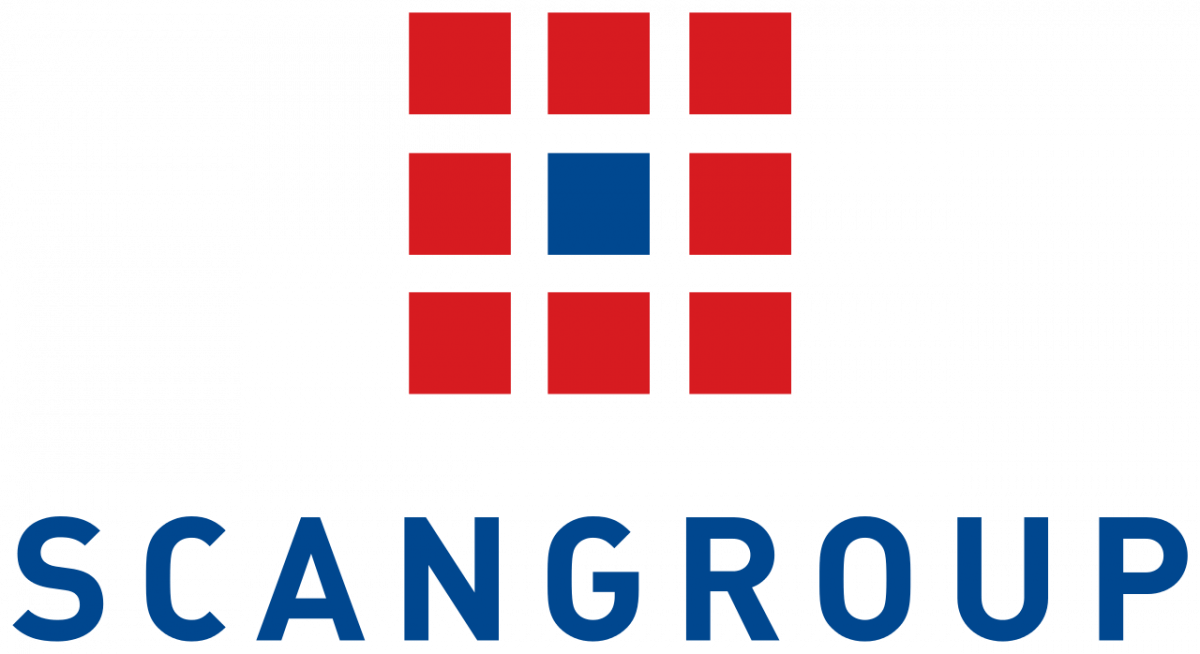The tension between Naivas Supermarket and the Nairobi County Assembly Health Committee has exploded into a full-blown public spat.
After a dramatic inspection of Naivas’ Moi Avenue branch that exposed alleged health violations, the retailer dismissed the findings and accused MCAs of soliciting bribes. But the county lawmakers are not taking it lightly.
In a fiery response, the Health Committee has accused Naivas of shifting blame to cover up serious public health breaches. The committee insists it acted within the law and warns that it may sue the supermarket chain for defamation.
With Kenyans watching closely, the Naivas closure drama could soon become a legal battle with far-reaching implications.

Nairobi MCAs Double Down on Oversight Role Amid Naivas Closure Tensions
The Nairobi County Assembly Health Committee has rejected Naivas Supermarket’s attempt to deflect attention from recent inspection findings. In their latest statement issued on Wednesday evening, the committee strongly defended its role and dismissed Naivas’ bribery accusations as “a cheap distraction.”
The committee says it acted legally under Article 185 of the Constitution and Section 9 of the County Governments Act, which give Members of the County Assembly (MCAs) power to conduct oversight and ensure compliance with public health laws.
“Naivas Supermarket’s statement is noted, but we must remind them that MCAs have the constitutional duty to oversee and ensure health and safety standards are met,” the committee’s statement read.
This stern warning came after Naivas claimed its Moi Avenue store was wrongly accused of stocking expired products and allowing untested food handlers to work. The retailer had earlier denied any wrongdoing and insisted that all its operations meet the required health standards.
But the committee hit back, citing findings from its inspection that pointed to multiple violations of public health laws, including the Food, Drugs and Chemical Substances Act and the Public Health Act.
Chairperson Maurice Ochieng even held up a can of yoghurt, which he claimed was purchased from the Naivas Moi Avenue branch and was expired, as proof of the health risk.
“The inspection was not a witch-hunt. It is our job to protect the public from possible contamination and unsafe practices,” said Ochieng.
Bribery Allegations Prompt Threat of Legal Action
The storm intensified when Naivas accused the committee of soliciting bribes following the inspection. The supermarket implied that the bribery claims were tied to threats of closure made by the Health Committee.
But the committee fired back, calling the bribery allegations “baseless and malicious.” In their rebuttal, the lawmakers challenged Naivas to take the matter to the Ethics and Anti-Corruption Commission (EACC) if they have any proof.
“If Naivas truly believes that bribery occurred, they should immediately report the incident to the EACC. Otherwise, these allegations amount to defamation,” the committee warned.
They further stated that failure by Naivas to report the matter to the proper authorities would be taken as an attempt to obstruct legal oversight and defame public officials.
“We will not hesitate to seek legal redress for defamation and obstruction of duty,” read part of their statement.
This brewing legal showdown could see one of Kenya’s biggest retail brands square off with county legislators in court, adding fuel to the already tense Naivas closure saga.
Naivas Closure Orders Trigger Confusion Across Nairobi
Despite the threats and inspections, most Naivas branches in Nairobi remained open throughout Wednesday. This raised eyebrows, considering the committee had initially hinted at a county-wide closure of the retailer’s outlets due to health violations.
Naivas maintained that it would not shut down any branches, stating that all its stores meet health regulations and are fully compliant.
“There is no legal basis to close our outlets. We remain committed to upholding food safety and quality,” read Naivas’ statement.
However, the visible presence of county officials and media around the Moi Avenue branch made it clear that tensions remain high.
The committee’s latest move appears aimed at restoring public confidence in its work. By challenging Naivas to take its bribery claims to the EACC and threatening court action, the MCAs are signalling that they will not back down.
Meanwhile, Nairobi residents are caught in the middle of this standoff. Questions remain about whether the oversight process is being politicized or if the health concerns raised are genuine and widespread.
As the Naivas closure debate continues to unfold, it is evident that the battle lines have been drawn. Whether it ends in court or around a negotiating table, the fight between Nairobi’s lawmakers and Kenya’s top retailer is far from over.




